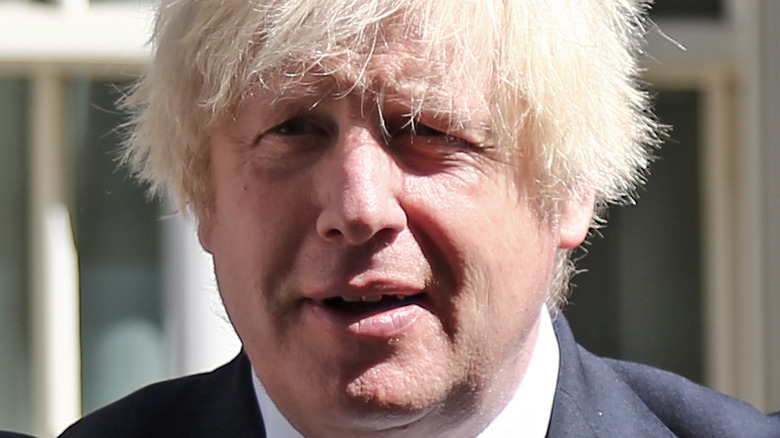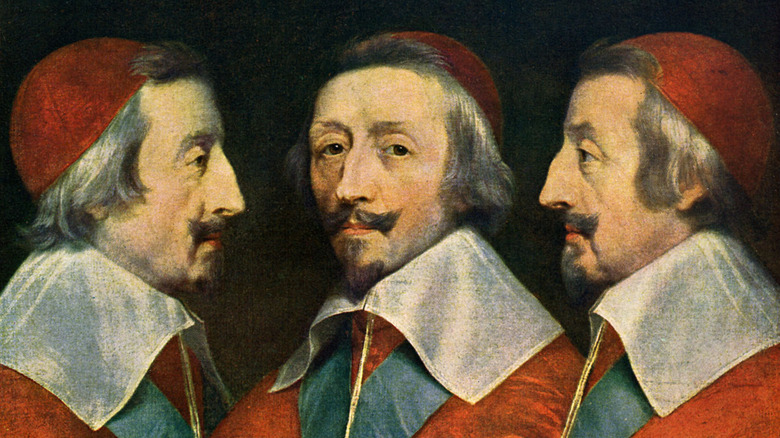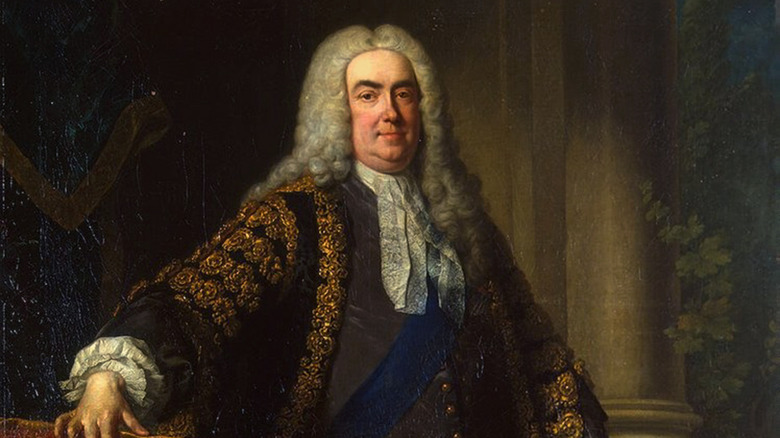Where Does The Term Prime Minister Come From?
Unlike the United States, whose chief executive is referred to as the president, many countries throughout the world instead invest their executive powers in a man or woman known as the prime minister – Australia, New Zealand, and Canada among them (per Britannica). Boris Johnson, the U.K.'s prime minister, resigned July 7 (per CNN).
The duties of the prime minister vary from country to country, and are different from those of the president, according to Britannica. Further still, some countries have both a prime minister and a president, where the latter role is largely ceremonial, not unlike that of most European monarchs.
The job of prime minister didn't simply manifest into existence via the invocation of a new constitution, as the office of president did in the United States in 1788. Rather, it sort of developed organically in Europe in the midst of shifting political landscapes. And initially, it was used as a term of derision.
The beginnings of the office of the prime minister
While the days of European monarchs having actual political power are long gone (with a couple of minor exceptions), even when kings and queens on the continent had real power, they still relied on advisors, deputies, and other designates to help get the job done. As Britannica explains, these people are known, in English, as "ministers" — a person who serves.
In France in the early 1600s, Cardinal de Richelieu (above) started being referred to as "principal ministre" or "premier ministre" — which is to say, chief among the various ministers who served King Louis XIII. However, that was more or less an unofficial title. A century later and across the English Channel, the power of the monarch was slowly eroding bit by bit, and at about this time, the king had little interest in attending meetings of his ministers. The minister who wielded the most favor with the king, or for whatever other reason wielded the most power, would eventually be known as the prime minister. That man was Robert Walpole.
Robert Walpole, England's first prime minister
Sir Robert Walpole (above) was born into a family of wealth and privilege, according to the British National Archives, and in 1701 was elected to Parliament. Walpole was quite skilled at pulling strings, cozying up to the right people, making deals, and doing all of the other off-label things that politicians have to do, and soon enough he was First Lord of the Treasury, according to the U.K. Government's website. He was effectively, by this time, the most important person in the government of King George I.
His colleagues took to calling him "prime minister" (they also called him "Screen-Master General" for his skill at pulling strings); neither title was meant to be an honor. In fact, at the time, the phrase "prime minister" was, in England anyway, associated with foreign tyranny. Walpole, for his part, didn't like the title either. "I unequivocally deny that I am sole and prime minister," he said in 1741, although for all intents and purposes, he truly was the prime minister.
The British National Archives notes that Walpole's skill at managing challenges set a precedent for other prime ministers of the U.K. to follow. "The way he responded to the challenges of his time in office makes for an illuminating story and in some respects, he created a template for the role of prime minister," the website notes.


